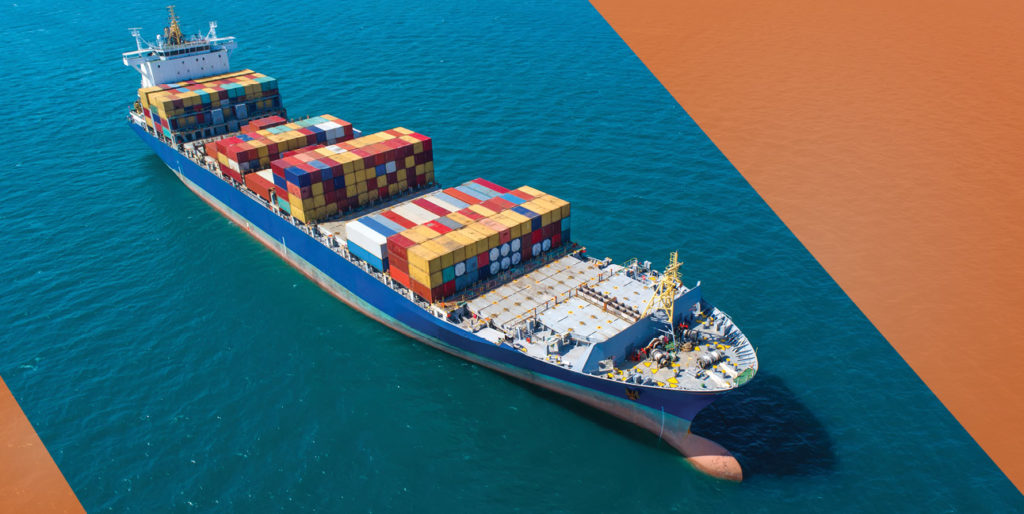Shipping is the most energy-efficient way to move large volumes of cargo – in fact, 90% of global consumer goods are moved on large carrier vessels. With the onset of mega-ships, the assumption is that bigger vessels can carry more containers, thereby reducing oil consumption worldwide and releasing fewer pollutants per unit carried. While that may be the case, there are still a myriad of environmental costs associated with the shipping industry.
Measures are being taken to address many of these environmental costs on an international level. The International Maritime Organization (composed of 71 member states) is a specialized agency of the United Nations responsible for regulating the safety, security, and environmental performance of international shipping. The Marine Environmental Protection Committee (one of five main IMO committees) met in London last October for their 70th session and took some major steps towards making the shipping industry greener and cleaner.
Key Outcomes of the MEPC 70th Session:
A mandatory collection system for ship fuel consumption was adopted.
This measure will help address greenhouse gas emissions by holding carriers accountable for reporting their consumption data for each type of fuel they use. Ships will also be expected to report any data relevant to energy efficiency such as distance traveled, service hours at sea, and cargo capacity. Aggregate data will go from the ship to the state and eventually to an IMO ship fuel consumption database.
An IMO strategy on the reduction of GHG emission from ships should be adopted in 2018.
The IMO agreed on a roadmap towards the development of a dynamic emission reduction strategy and set 2018 as the draft milestone. The will be a long process with multiple analysis and revisions taking place, but the adoption of a final strategy is projected for Spring of 2023.
January 1st, 2020 was solidified as an “entry into force” date of the 0.5% global Sulphur marine fuel cap.
This decision will help reduce the negative impacts of ship emissions on human health and represents a significant step by the industry to improve international air quality.
In additional to the resolutions agreed upon at the last MEPC session, The IMO Ballast Water Management Convention will become effective in September of this year. Under the terms of the Convention, ships will be required to manage their ballast water to remove, render harmless, or avoid the uptake or discharge of aquatic organisms and pathogens within ballast water and sediments. This will help stop the spread of invasive aquatic species which can be extremely detrimental to local ecosystems and biodiversity. This agreement will not only reduce the risk of invasive species invasion, but also provide clear and rigorous standards for the correct management of ballast water.
Is the shipping industry a leader in going green?
While the IMO has taken significant steps to monitor fuel consumption, reduce Sulphur emissions, and manage ballast water, the jury is out on how effective these policies will be and if the shipping industry is really making meaningful change.
Lloyd’s List, a popular maritime journal, spoke with several global maritime and shipping experts seeking their opinion how green the industry really is. Some consider the shipping industry a leader in clean, green technology, while others think they have missed the boat. (Pardon the pun!) Check out the complete list of expert opinions here.
Fuel accounts for 25-50% of total costs associated with shipping – it’s the single largest cost to the sector. From that perspective, there are very clear economic incentives associated with improving energy efficiency and investing substantially in green technology.
Note:
March 22-24th, industry experts gathered in Copenhagen for GST (Green Ship Technology) Europe analyzing the latest developments in environmental regulation and what the Ballast Water Management Convention will mean for key industry stakeholders. A similar conference (GST North America) is planned for November 2017. Click here for more information.
Sources:
http://www.nature.com/news/pollution-three-steps-to-a-green-shipping-industry-1.19369
http://www.maritime-executive.com/article/ballast-water-convention-to-enter-into-force-in-2017

